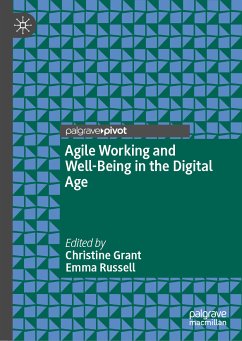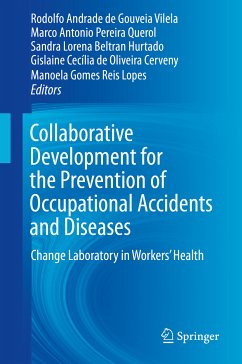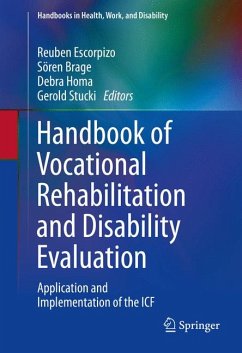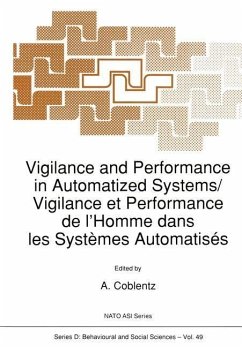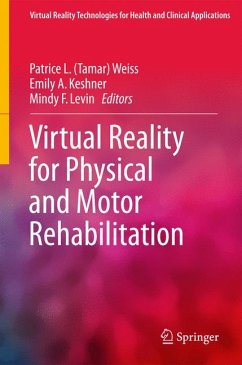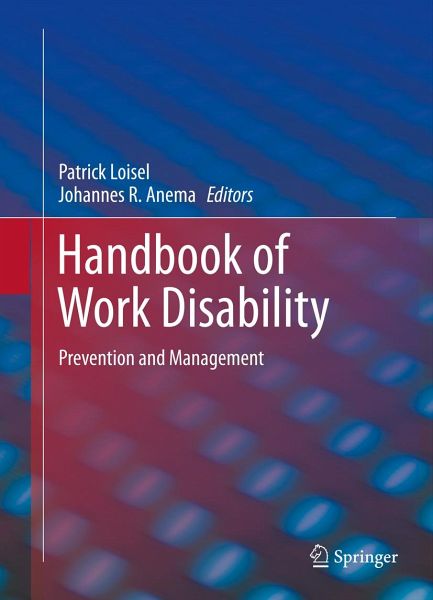
Handbook of Work Disability (eBook, PDF)
Prevention and Management
Redaktion: Loisel, Patrick; Anema, Johannes R.
Versandkostenfrei!
Sofort per Download lieferbar
160,95 €
inkl. MwSt.
Weitere Ausgaben:

PAYBACK Punkte
80 °P sammeln!
¿This book addresses the developing field of Work Disability Prevention. Work disability does not only involve occupational disorders originating from the work or at the workplace, but addresses work absenteeism originating from any disorder or accident. This topic has become of primary importance due to the huge compensation costs and health issues involved. For employers it is a unique burden and in many countries compensation is not even linked to the cause of the disorder. In the past twenty years, studies have accumulated which emphasize the social causes of work disability. Governments ...
¿This book addresses the developing field of Work Disability Prevention. Work disability does not only involve occupational disorders originating from the work or at the workplace, but addresses work absenteeism originating from any disorder or accident. This topic has become of primary importance due to the huge compensation costs and health issues involved. For employers it is a unique burden and in many countries compensation is not even linked to the cause of the disorder. In the past twenty years, studies have accumulated which emphasize the social causes of work disability. Governments and NGOs such as the World Bank, the International Labor Organization, and the Organization for Economic Cooperation and Development have produced alarming reports on the extent of this problem for developed and developing countries. However, no comprehensive book is presently available to help them address this emerging field where new knowledge should induce new ways of management.¿
Dieser Download kann aus rechtlichen Gründen nur mit Rechnungsadresse in A, B, BG, CY, CZ, D, DK, EW, E, FIN, F, GR, HR, H, IRL, I, LT, L, LR, M, NL, PL, P, R, S, SLO, SK ausgeliefert werden.



